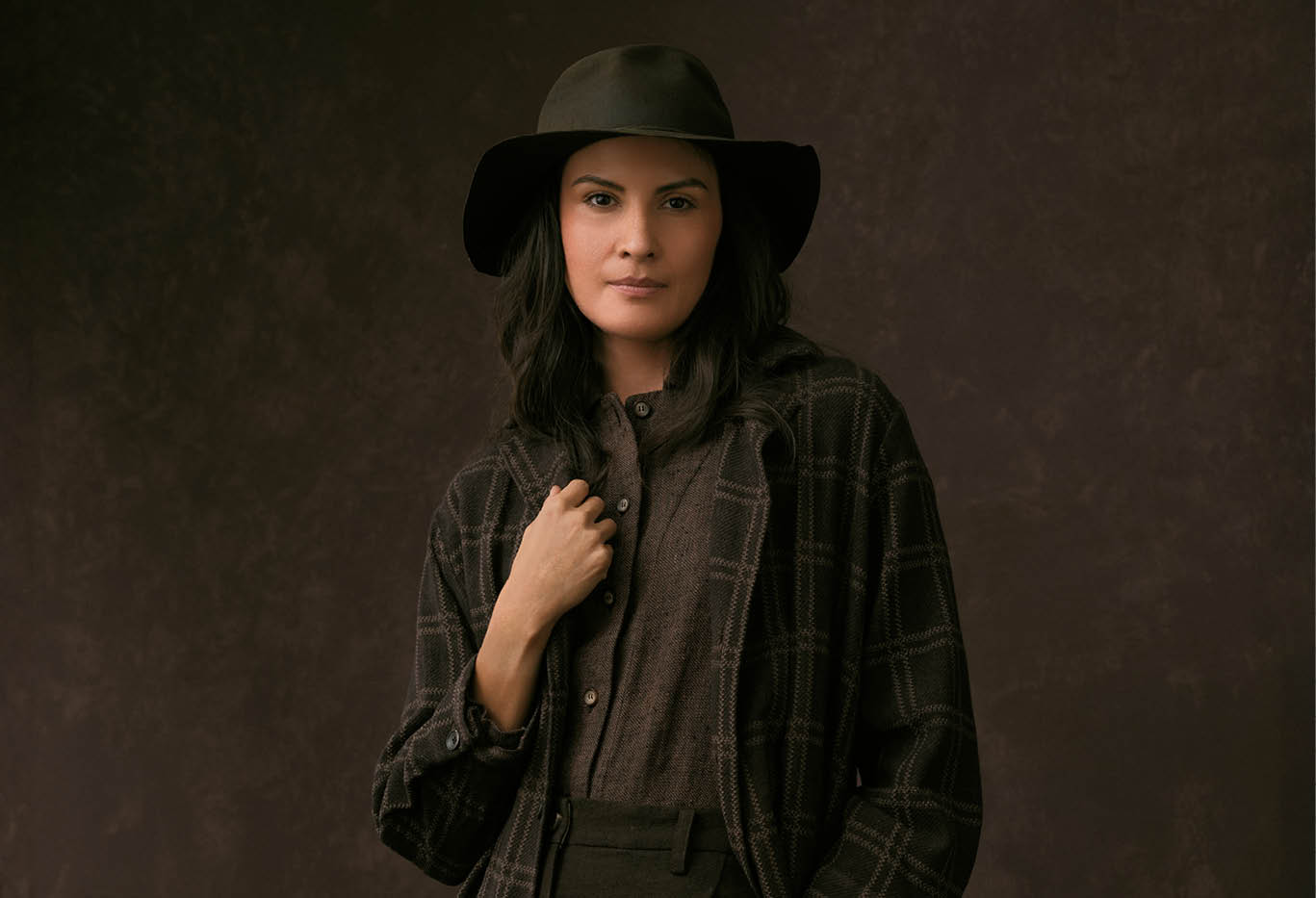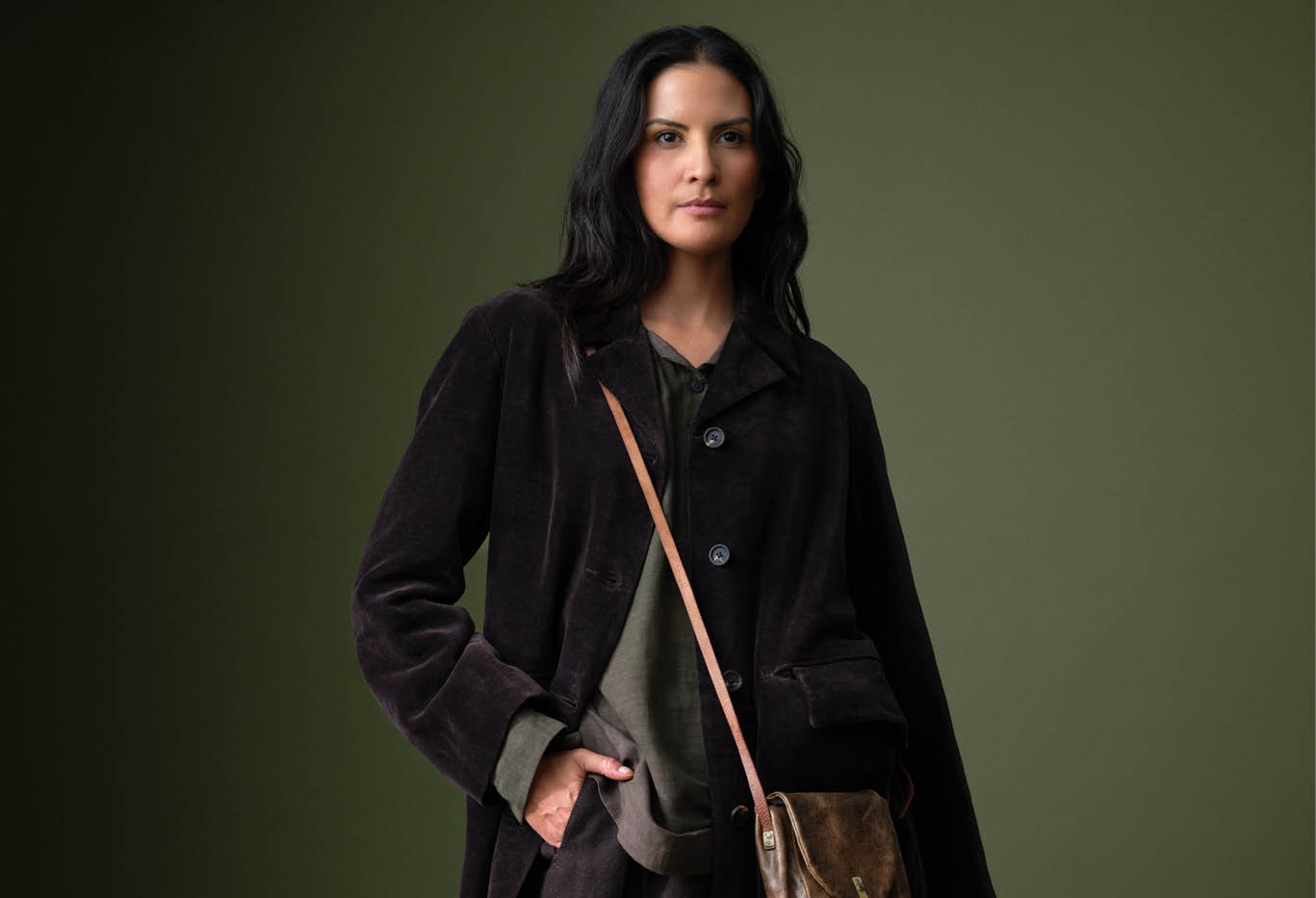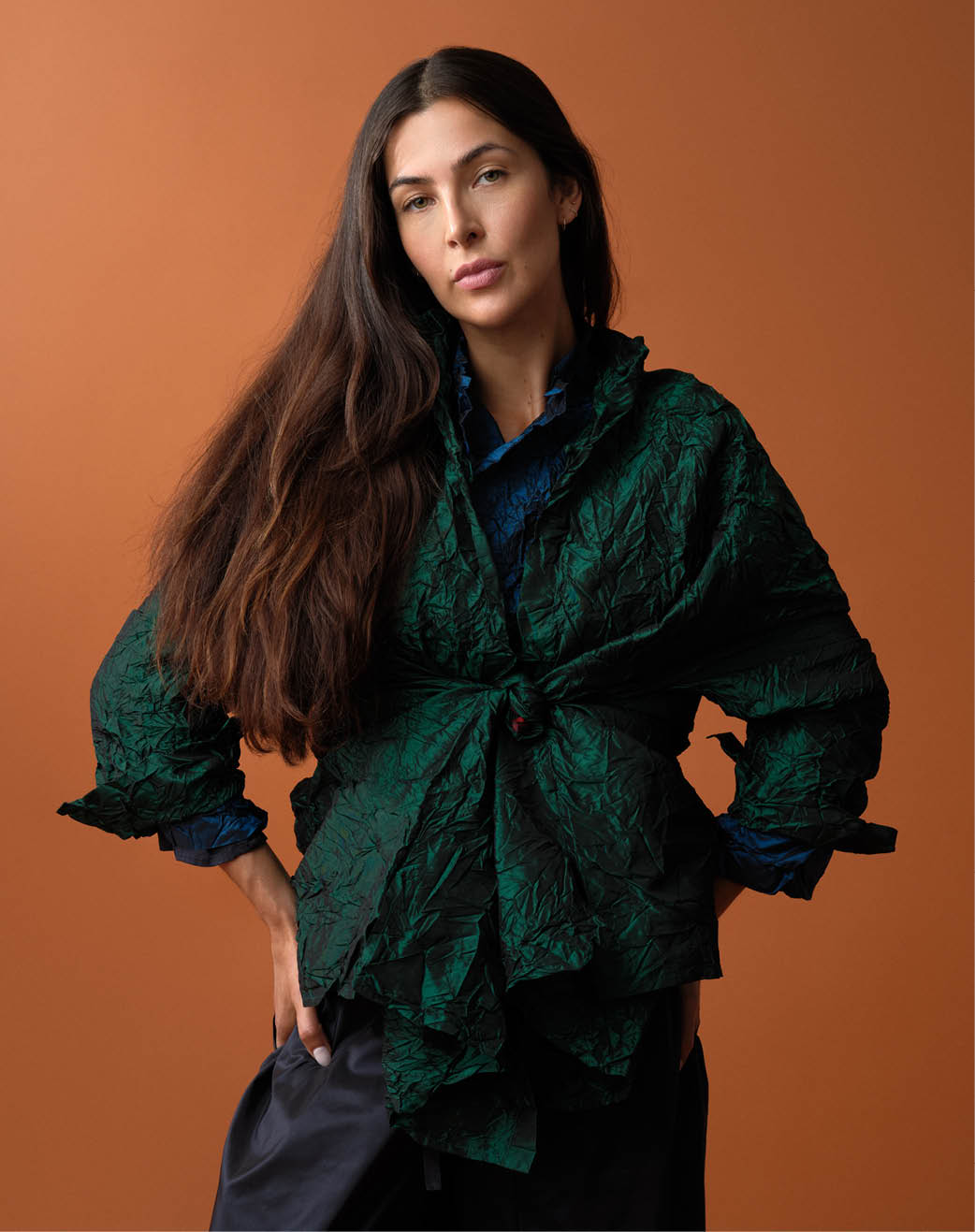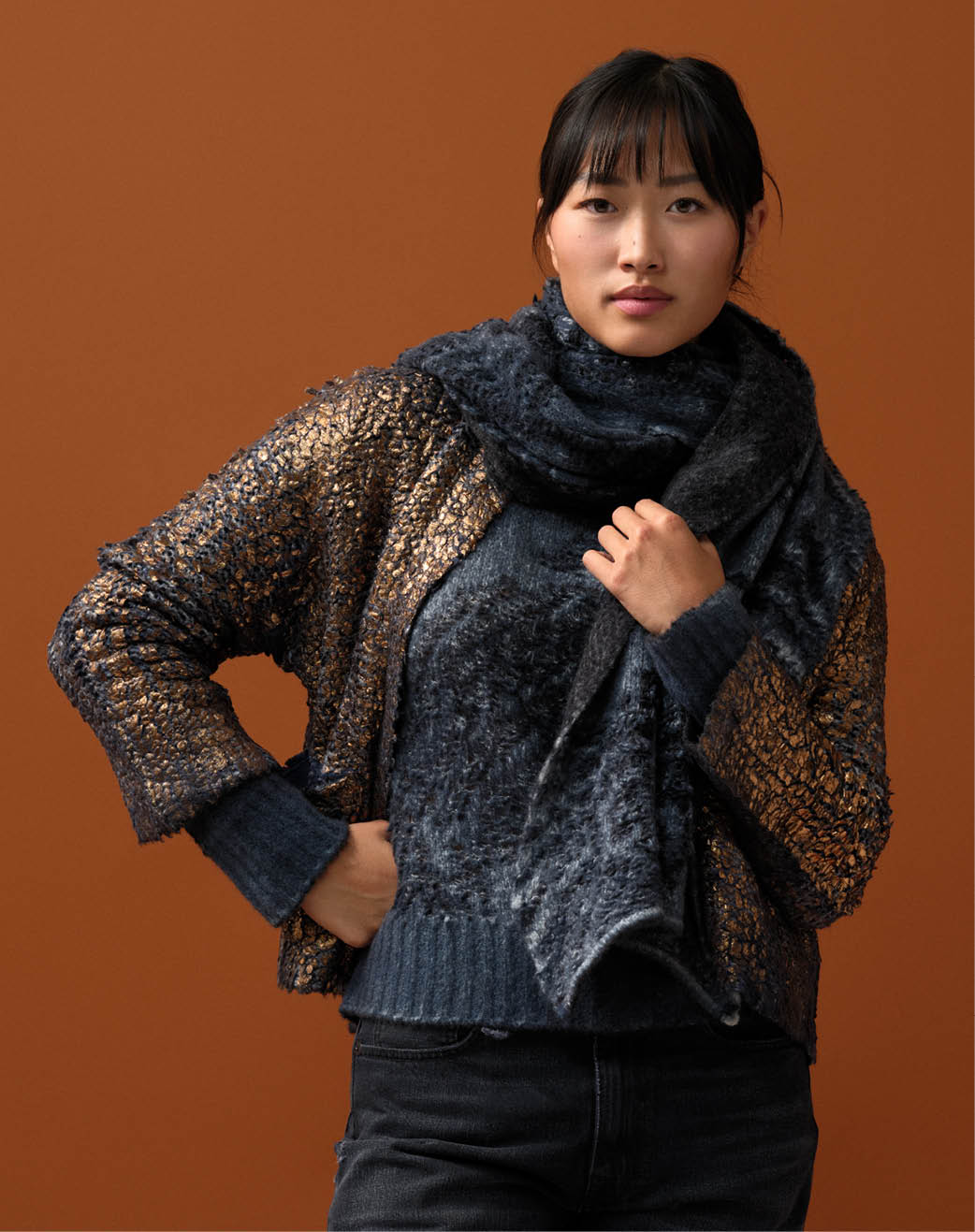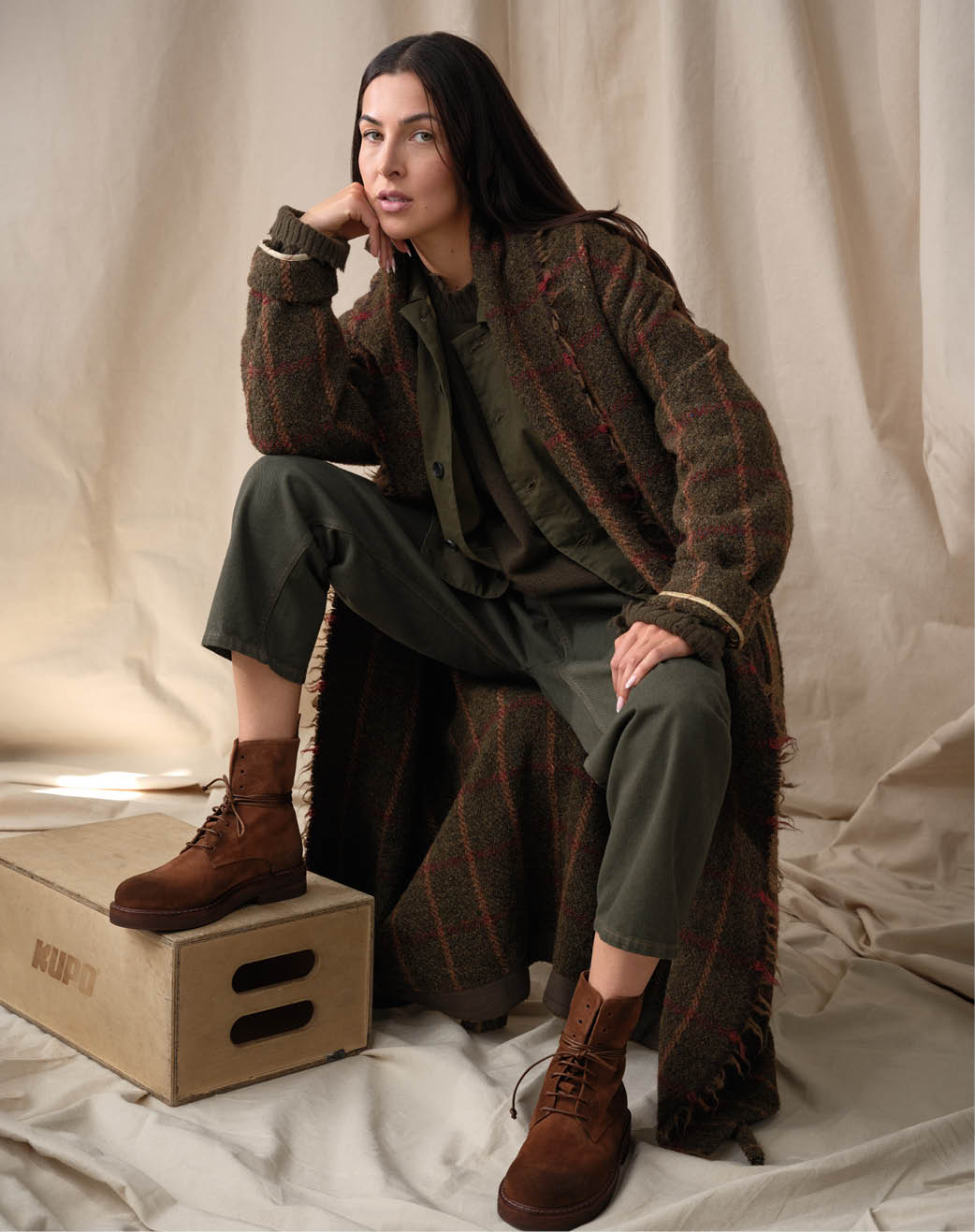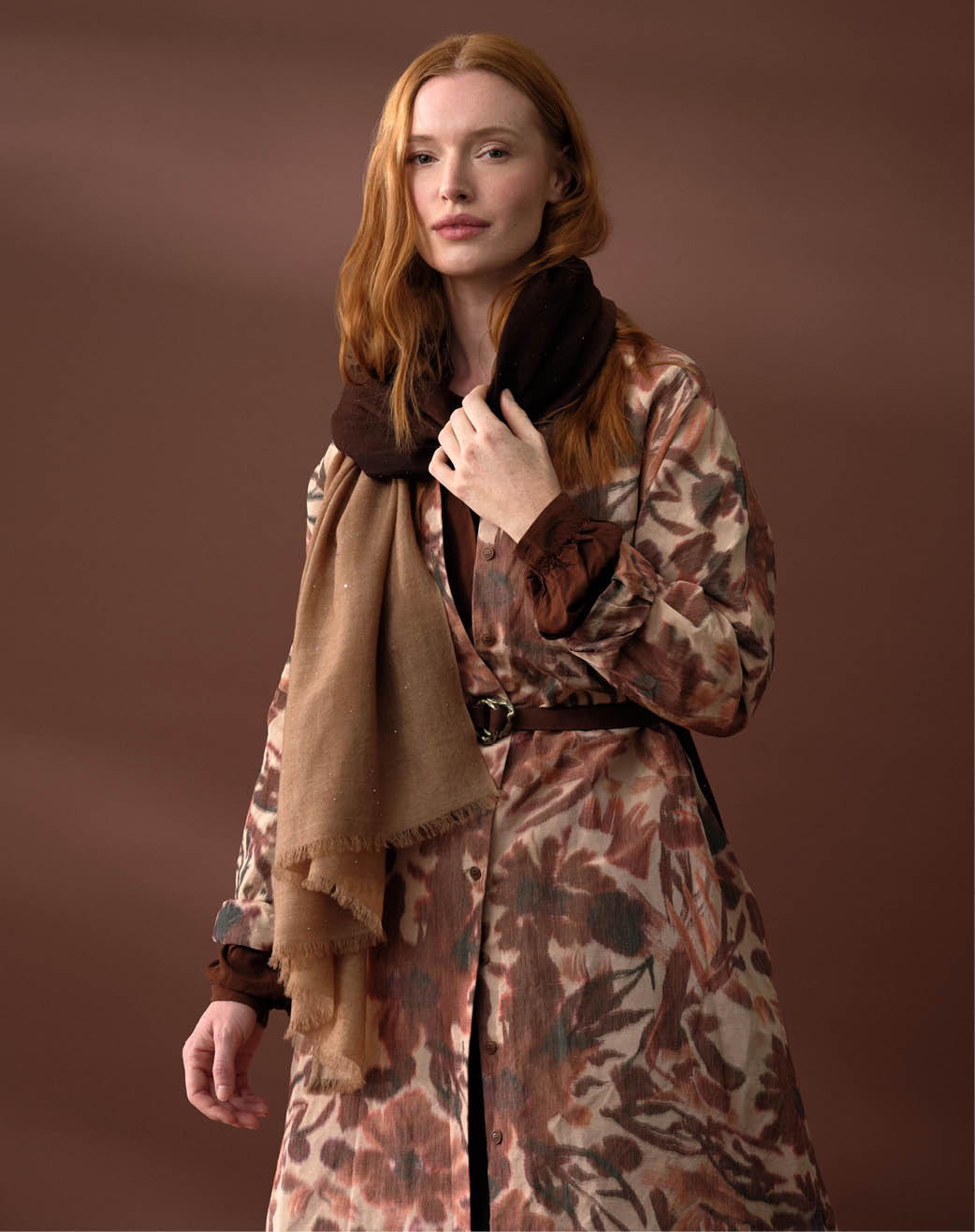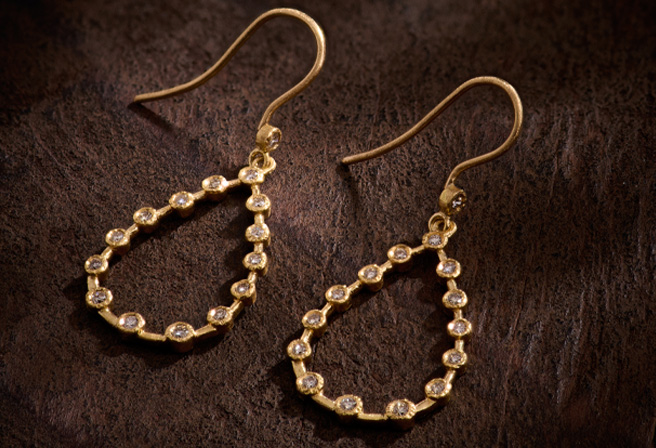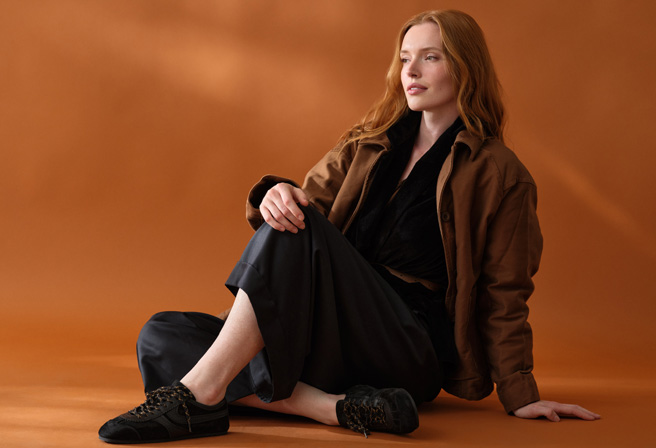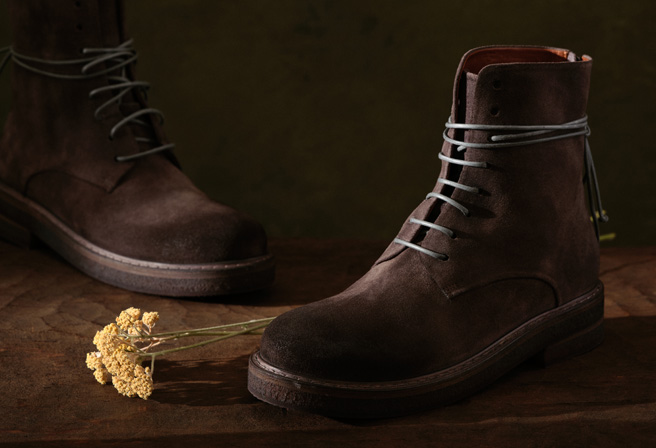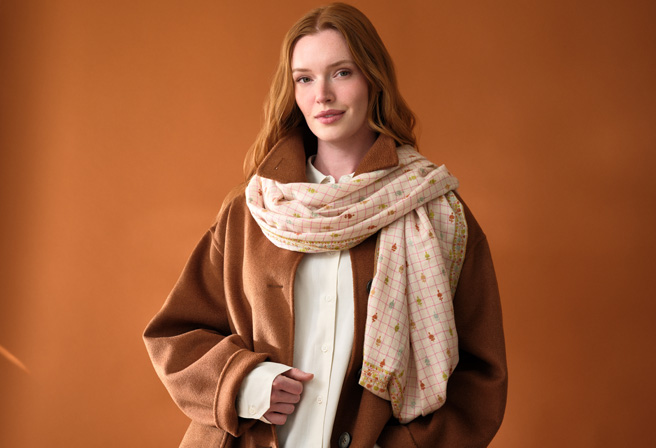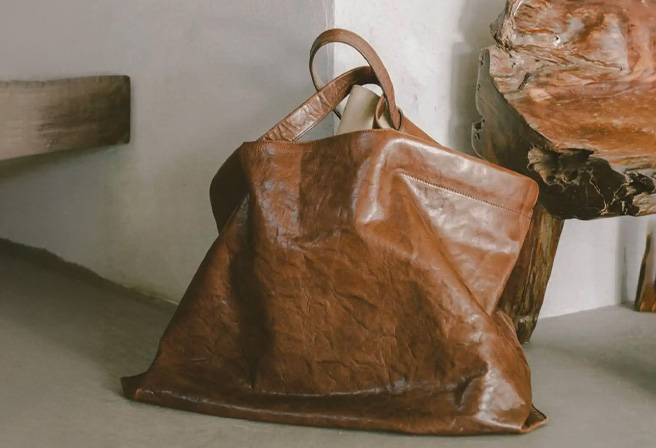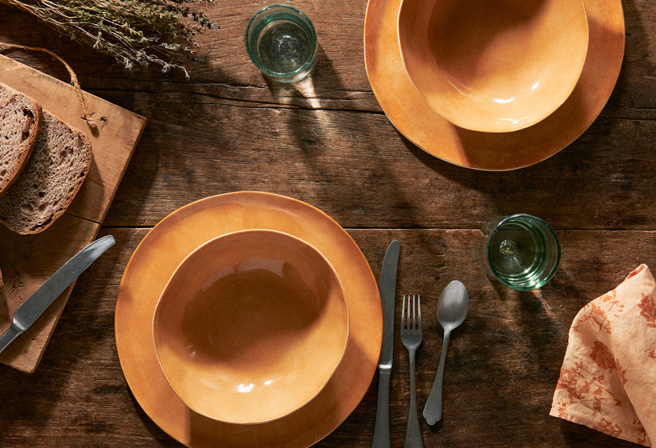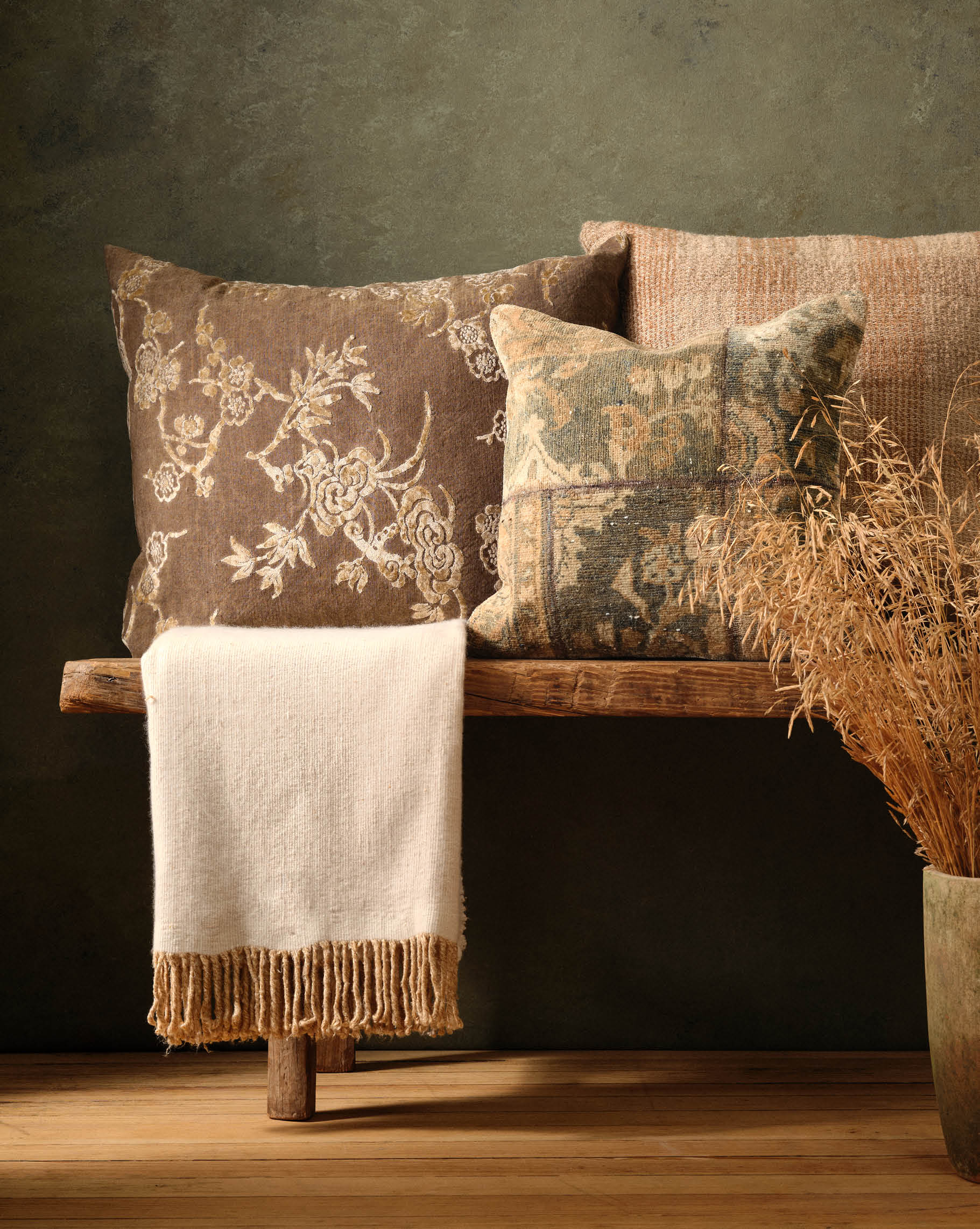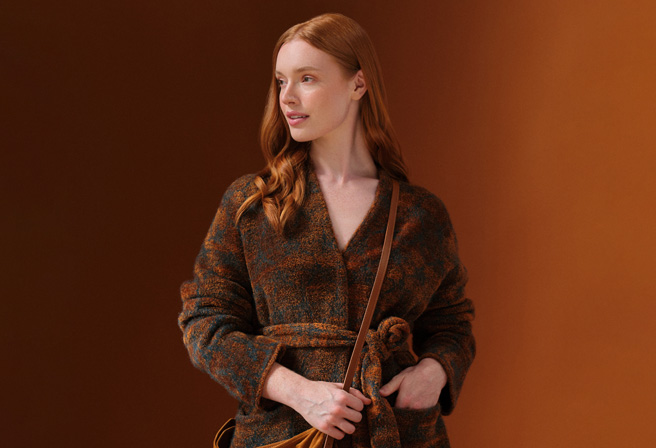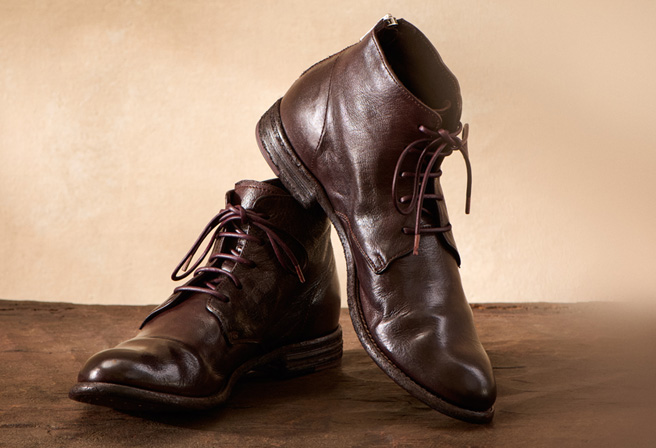Designs inspired by an ancient trade route, the Beirut brand builds on the traditional styles of their home region to produce new ideas.

A route spanning from the warm and salty waters of the Mediterranean Sea to the numerous gulfs of the Indian Ocean to the lush forests and rivers of Eastern Asia.
For centuries, the Silk Road served as the catalyst for the exchange of goods and ideas between a myriad of cultures established within the Eurasian and African continents.

This interlaced network allowed for regional art forms and beliefs to spread far beyond their place of origin.
As an ode to the dissemination of cultural motifs rooted into this historic trade route, Bokja aims to revive regional textile practices and give them a contemporary voice through their designs.

Bokja’s founders, Huda Barudi and Maria Hibri, share a love for furniture, textiles, art and design.
The duo merged their experience in Silk Road fabrics and antique furniture to create a brand rich in historical knowledge and cultural appreciation.


Installation Images via Bokja
Based in Beirut, Lebanon, and drawing much of their inspiration from traditional textile designs conceived in the Levant and Central Asia, Bokja’s style is greatly influenced by numerous cultures tied to the Silk Road.




From fabric art installations to their detailed, multi-patterned garments, the designs they use are not the only link Bokja makes to this historic region.
The specialized artisans working in their textile laboratory come from 10 different countries including Iraq, Syria, Kurdistan, Egypt and Lebanon.

Delicate silks draped in rich colors and patterns make up Bokja’s line of garments, brimming with references to the textiles and motifs tied to the home and the influences of the brand and its founders.
